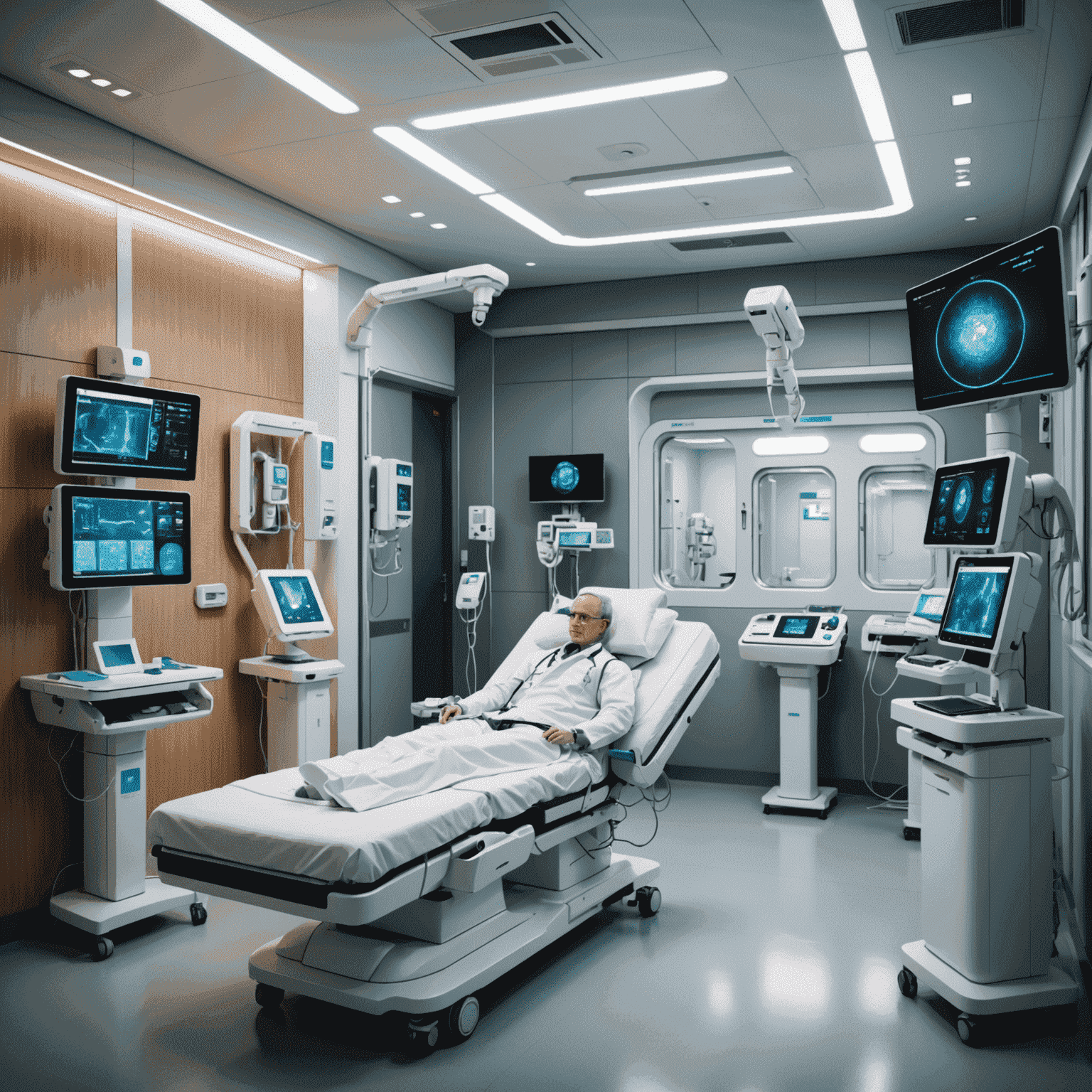Automation in Healthcare: Improving Patient Care

In the rapidly evolving landscape of healthcare, automation technologies are playing a pivotal role in revolutionizing patient care and streamlining medical processes. From AI-powered diagnostics to robotic surgery assistants, the integration of automation is reshaping the way healthcare professionals deliver services and improve patient outcomes.
Key Areas of Healthcare Automation
1. Diagnostic Imaging
Advanced AI algorithms are now capable of analyzing medical images with incredible accuracy, assisting radiologists in detecting anomalies and making faster, more precise diagnoses.
2. Robotic Surgery
Robotic surgical systems provide surgeons with enhanced precision and control, leading to less invasive procedures, reduced recovery times, and improved patient outcomes.
3. Electronic Health Records (EHR)
Automated EHR systems streamline data management, reduce errors, and improve the accessibility of patient information across healthcare providers.
4. Medication Management
Automated dispensing systems and smart pill dispensers help ensure accurate medication dosing and improve patient adherence to treatment plans.
Benefits of Healthcare Automation
- Improved accuracy and reduced human error
- Enhanced efficiency and productivity in healthcare delivery
- Faster diagnosis and treatment initiation
- Personalized care through data-driven insights
- Cost reduction in healthcare operations
Challenges and Considerations
While the benefits of healthcare automation are significant, it's crucial to address potential challenges:
Data Privacy and Security
Ensuring the protection of sensitive patient information in automated systems is paramount.
Integration with Existing Systems
Seamless integration of new automated technologies with legacy healthcare systems can be complex.
Training and Adoption
Healthcare professionals need proper training to effectively utilize and trust automated systems.
Ethical Considerations
Balancing automation with human touch and addressing ethical concerns in AI-driven decision-making.
The Future of Healthcare Automation
As we look ahead, the potential for automation in healthcare continues to expand. Emerging technologies such as 5G networks, edge computing, and advanced AI will further enhance the capabilities of automated healthcare systems. The integration of these technologies promises to deliver even more personalized, efficient, and effective patient care.
By embracing automation, healthcare providers can focus more on patient interaction and complex decision-making, while automated systems handle routine tasks and provide valuable insights. This synergy between human expertise and technological innovation is set to redefine the future of healthcare, ultimately leading to better patient outcomes and a more efficient healthcare ecosystem.
Join the Automation Revolution!
Discover more about the latest trends in healthcare automation and AI-driven solutions at the upcoming AI & Business Automation Summit. Learn how to implement these groundbreaking technologies in your healthcare practice or business.